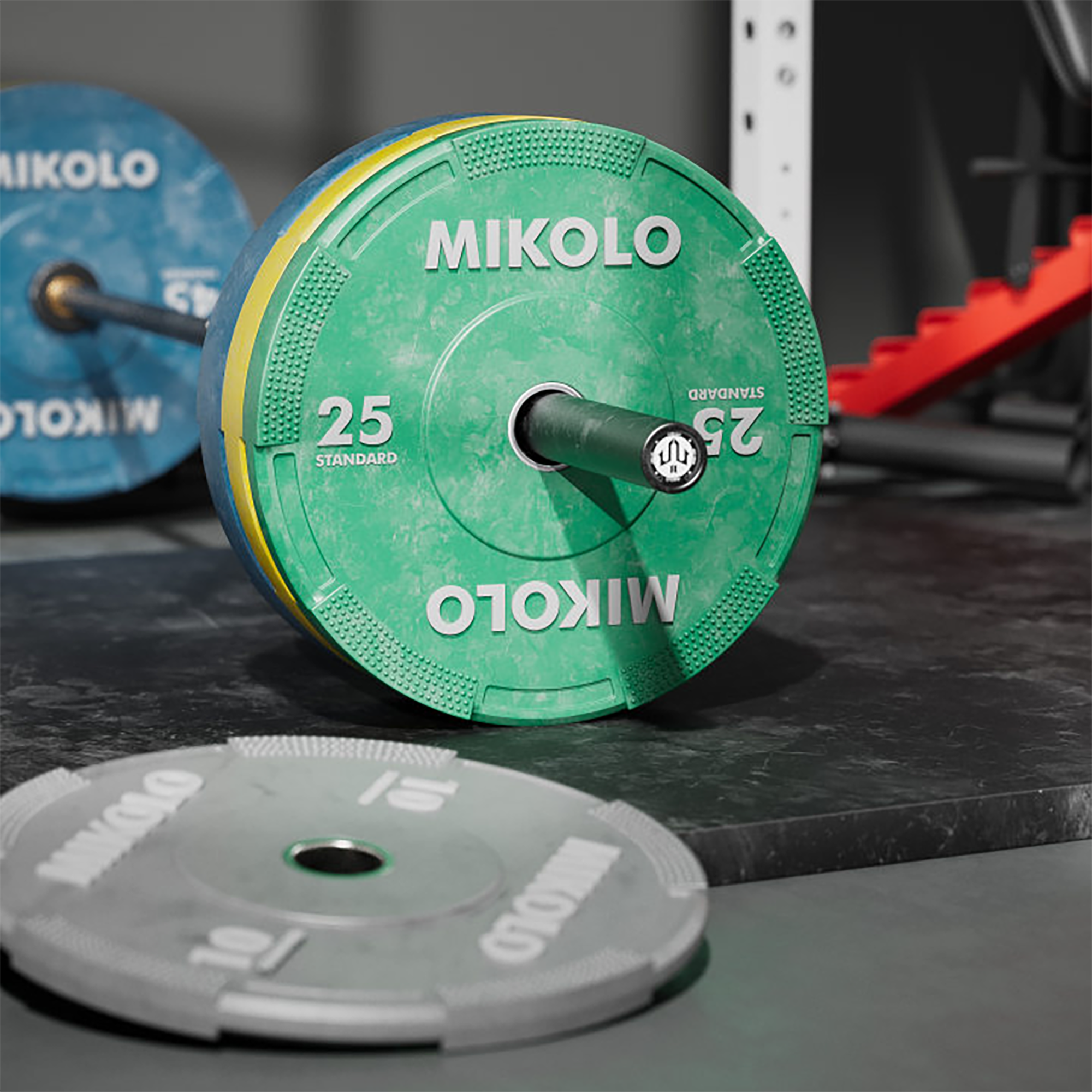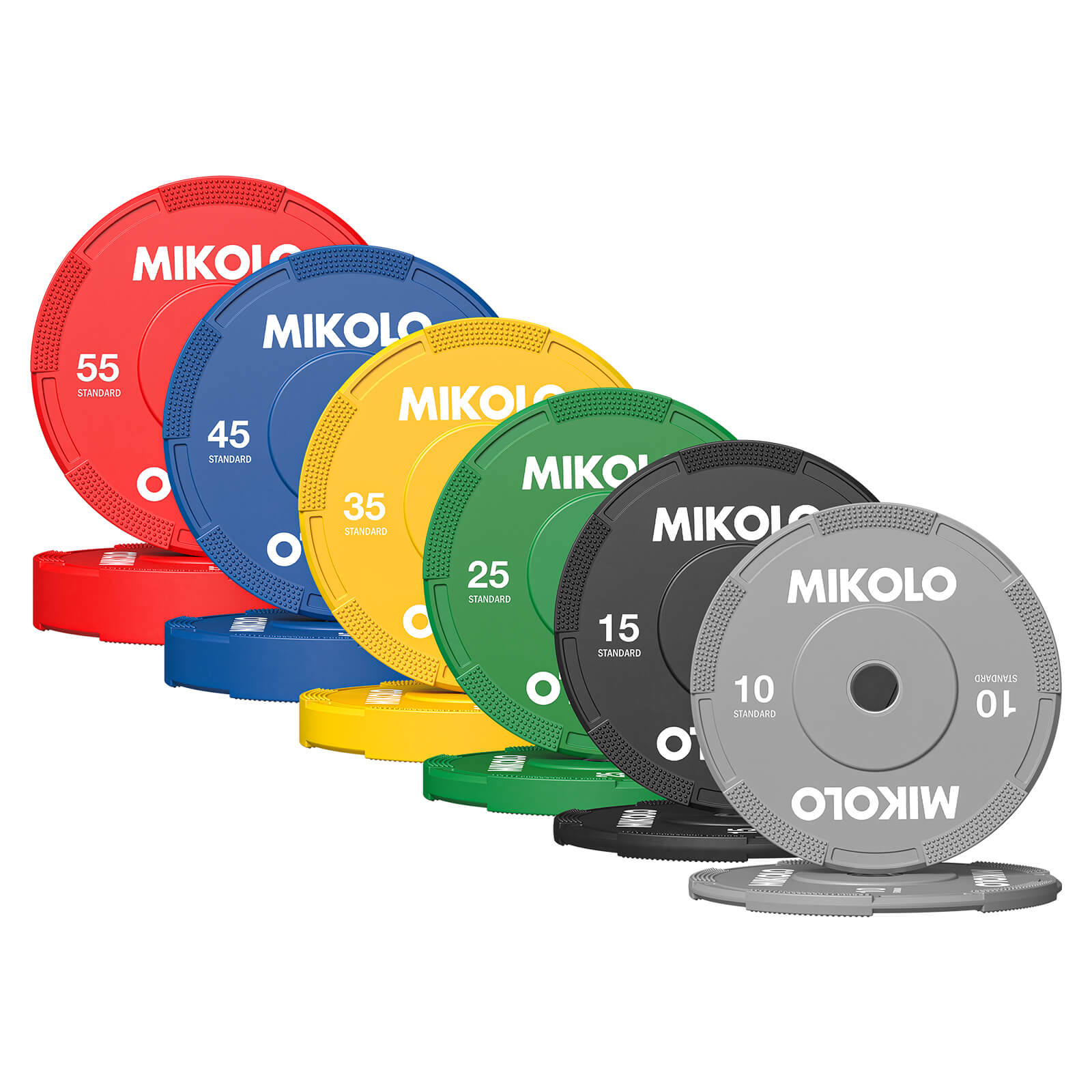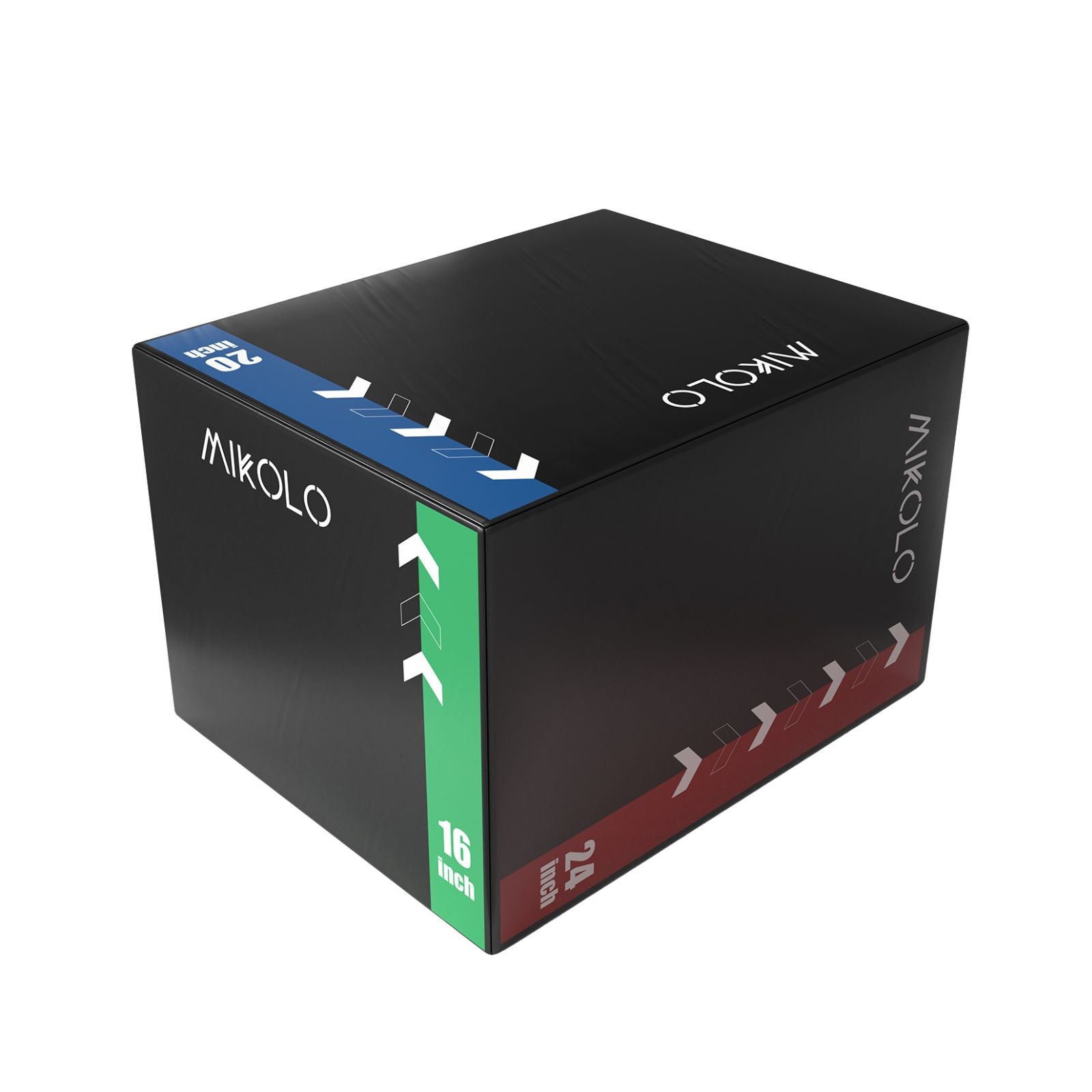Shoulder pain from lifting weights is a common yet frustrating issue for beginners and experienced lifters alike. It can range from mild discomfort to serious injury, often interfering with progress in the gym and daily life. Understanding the causes, symptoms, and smart ways to train around—or recover from—shoulder issues is key to staying strong and pain-free.
Common Causes of Shoulder Pain While Lifting
Your shoulder is the most mobile joint in the body, but that flexibility comes at the cost of stability. When lifting weights, especially overhead or pressing movements, it's easy to overload or misalign the shoulder joint.
Some of the most common culprits include:
-
Poor form during pressing exercises like bench press or overhead press
-
Weak rotator cuff muscles, which stabilize the joint
-
Tight chest or lat muscles, pulling the shoulder out of position
-
Neglecting warm-ups, leading to cold, unprepared muscles
-
Lifting too heavy, too soon, especially after a break
These factors can contribute to both acute injuries—like strains or impingement—and chronic shoulder joint pain from lifting weights.
Types of Shoulder Injuries from Lifting
If your shoulder hurts during or after lifting, it could be one of several injuries:
-
Shoulder impingement – where tendons get pinched under the acromion during lifting
-
Rotator cuff strain or tear – often felt as pain when raising or rotating the arm
-
Labrum tear – common in athletes and those doing heavy benching or overhead movements
-
Tendinitis or bursitis – inflammation of the tendons or bursa due to overuse
-
AC joint irritation – pain felt at the top of the shoulder during presses or dips
Symptoms can include sharp pain when lifting, dull aching afterward, or reduced range of motion. Some people feel pain only in one shoulder—often the left or dominant side—while others feel general joint stiffness.
My Shoulder Pain Story
A few years ago, I developed nagging pain in my left shoulder after an intense dumbbell chest day. At first, it felt like tightness, but over time, I noticed clicking and pain when lifting anything overhead. Ignoring it only made things worse. I eventually had to take several weeks off, focus on rotator cuff rehab, and rebuild my upper body training from scratch. That experience taught me how easily shoulder injuries can sneak up—and how vital it is to train smart, not just hard.
Signs You Shouldn’t Ignore
If any of the following apply to you, take a step back:
-
Shoulder hurts during lifting, not just after
-
Pain keeps worsening week after week
-
You feel weakness, tingling, or numbness
-
Range of motion is significantly limited
-
You hear popping or clicking when moving the arm
These are signs of more serious shoulder damage from lifting weights, and it’s worth seeing a sports medicine professional to rule out structural injuries.
Training Around Shoulder Pain
Not all shoulder pain means you have to stop training. But modifying your routine is crucial:
-
Swap barbell presses for dumbbells or machines, which allow freer movement
-
Limit overhead pressing if it causes discomfort
-
Incorporate rowing and rear-delt exercises to strengthen the upper back
-
Add banded or light dumbbell rotator cuff work 2–3x/week
-
Use neutral grip handles when available, reducing joint stress
A good shoulder-friendly push-pull routine can keep your strength gains on track while letting the joint recover.
Recovery Tips for Shoulder Injuries from Lifting
If the pain is persistent:
-
Ice after workouts to reduce inflammation
-
Rest for a few days, or switch to lower body training
-
Stretch the chest, lats, and triceps to restore mobility
-
Foam roll and massage the surrounding muscles
-
Progress slowly back into lifting, especially overhead work
Avoid training through pain—it rarely ends well. Healing now saves you months of recovery later.
Final Thoughts
Shoulder pain when lifting weights doesn’t have to mean the end of your training. With better technique, smarter programming, and a little patience, you can overcome most shoulder problems and come back even stronger. Take care of your shoulders—they do more work than you think.













































Leave a comment
This site is protected by hCaptcha and the hCaptcha Privacy Policy and Terms of Service apply.